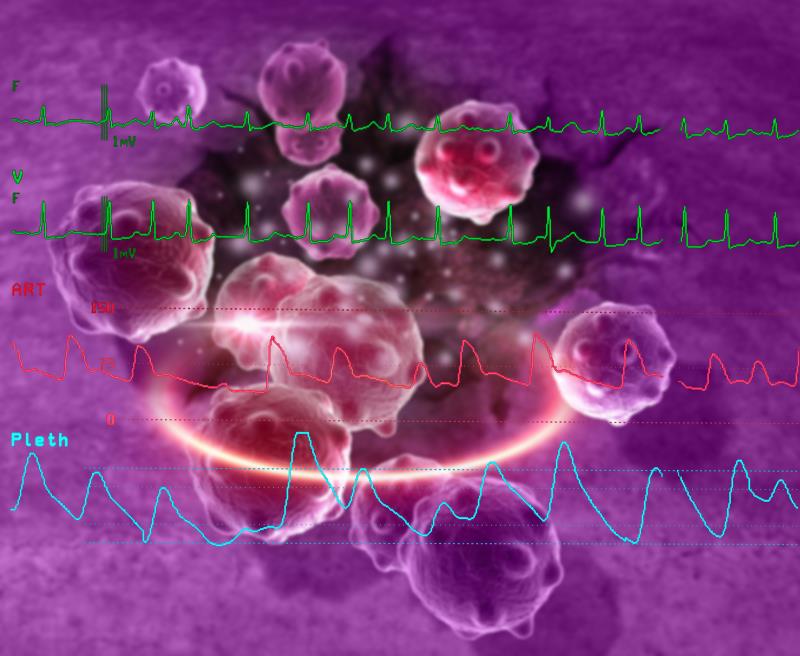
Plasma riboflavin levels may be a good indicator of prognosis in patients with oesophageal squamous cell carcinoma (ESCC), a recent study has shown.
Researchers performed a cross-sectional analysis of 324 patients with ESCC, 177 with digestive tract inflammation and ulcer (DTIU), and 80 with digestive tract polyps (DTPs). Plasma riboflavin was measured using reversed-phase high-performance liquid chromatography from fasting blood samples. The three groups were comparable in terms of baseline demographic variables.
Plasma riboflavin concentrations were also similar between the DTIU, DTP, and ESCC patients (median, 12.4 vs 10.6 vs 12.6 nmol/L; p=0.16).
Grouping patients into tertiles of riboflavin, researchers observed an emergent interaction with ESCC progression. For instance, low plasma riboflavin was found to correlate inversely with greater invasive depth (coefficient, –0.09; p=0.026), as well as with greater lymph node metastasis (coefficient, –0.11; p=0.010).
In addition, high riboflavin concentrations were tied to lower TNM staging (coefficient, –0.11; p=0.007). No other clinical characteristics were found to associate with riboflavin.
Riboflavin levels were also predictive of long-term prognosis. The 10-year recurrence-free survival rate of ESCC patients, for example, were 43.3 percent, 37.0 percent, and 24.4 percent in the top, middle, and bottom tertiles of riboflavin, suggesting that low plasma levels may be indicative of poorer prognosis.
Multivariate analysis confirmed that lower plasma riboflavin was a risk factor for worse recurrence-free survival (hazard ratio, 1.47, 95 percent confidence interval, 0.94–2.28; p=0.059), though only of borderline significance.